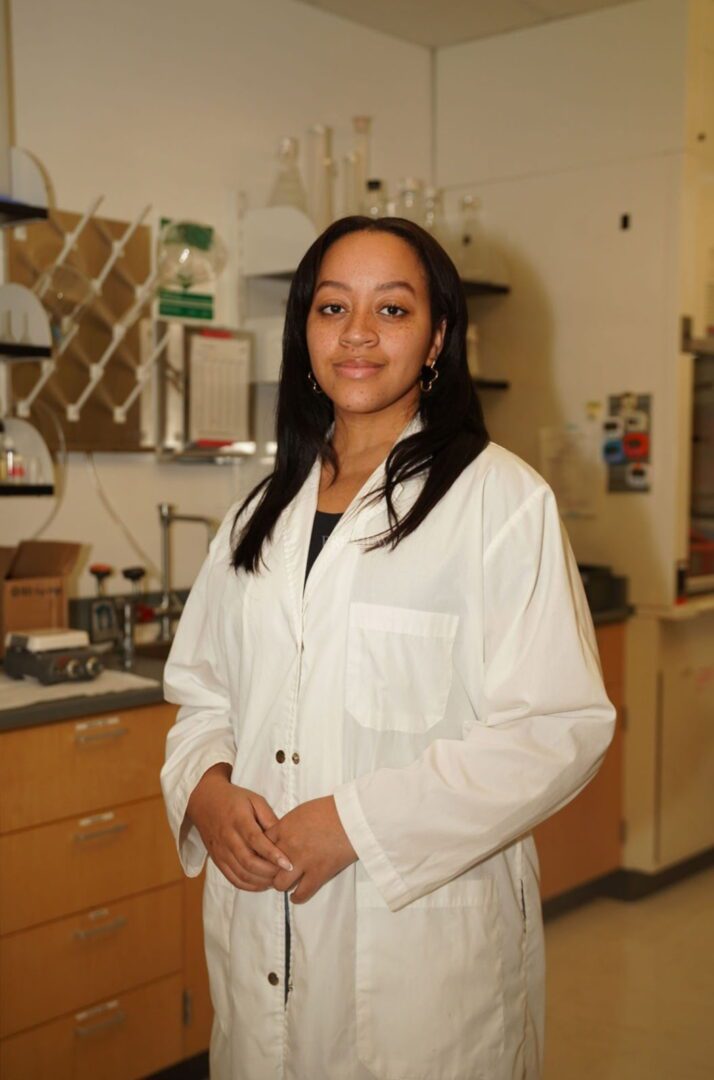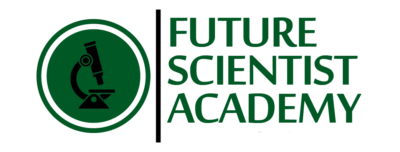
NADJA MONÉT BROWN
Like many, science was my favorite subject in school. I participated in discovery-based programs at my local library and science fairs, but when I began high school and was interested in a science career, my opportunities were geared toward medicine. In 9th grade, I created Future Scientist Academy to provide mentorship and science experiences that cater to students at a time when they are seriously considering a career as a scientist – and guide them as they advance in their academic careers. High school is a critical time to secure interest in science, as it influences decisions like where to go to college, what to major in, and which opportunities to take advantage of even in your first year.
In college, I sought direction from my mentors, scholarship advisors, graduate students, and principal investigators. At the end of my undergraduate career, I realized that it took me years of experience to learn what I knew about becoming a scientist – information that could have made college and pursuing this career less daunting had I known earlier than later. My vision for Future Scientist Academy evolved to support undergraduates as well, with the hope that having support at this time eases the journey. I also hope to bring light to the challenges that aren't as easily navigated – how do you get into a research lab, or even decide what kind of research you like to do?
Now, as a Ph.D. candidate, I see more growth for FSA. Not only is there a hidden curriculum to navigate, tougher classes, and more intense research, but this is also a time for a lot of life changes that FSA can support. In graduate school, students need to make major decisions about their research mentors, detail research interests, teach, secure grants and fellowships, perform well in intense classes, pass qualifying exams, propose and defend a dissertation, and decide what to do after their degree. All while maneuvering through adulthood. There is no such thing as "too much" support here. FSA provides resources to promote financial health and mentorship from professionals who have experienced this as well. At FSA, support encompasses the student as a whole, not just a scientist.
